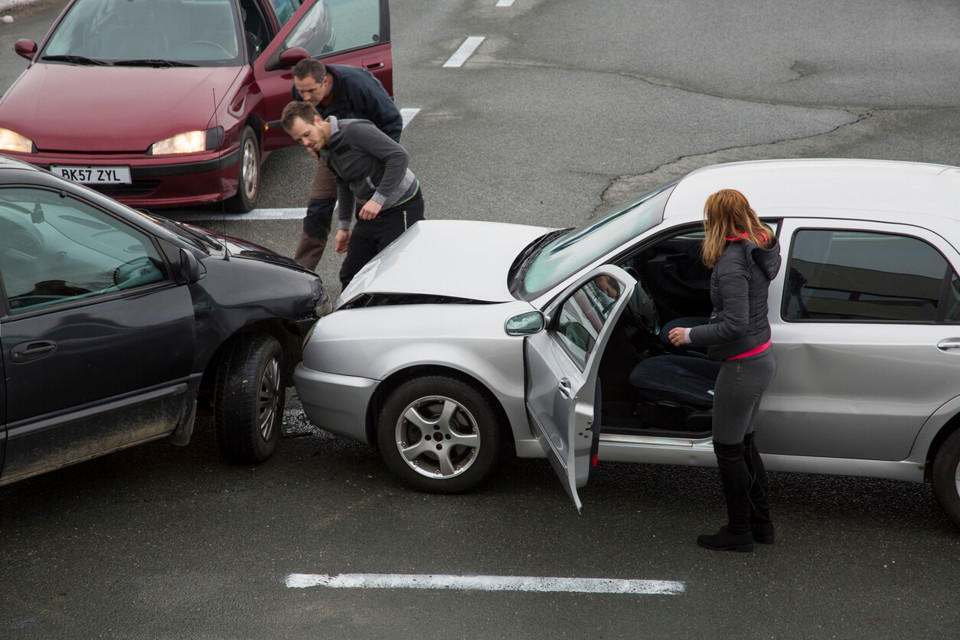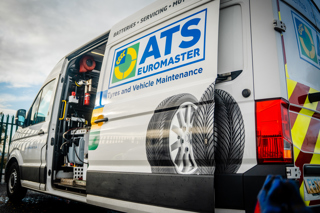A lack of basic driving skills such as parking, reversing and allowing enough room to avoid other vehicles and fixed objects are costing companies a fortune in repair bills.
According to Graham Hurdle, managing director of leading on-line risk assessment and training organisation E-Training World, when you break down the types of accidents drivers are having, and the small incidents that lead to minor, but expensive, vehicle damage, they are all very easily resolvable.
“Most accidents are caused by very simple mistakes,” says Hurdle. “Whenever I look through a company’s accident record, and add up the enormous cost of the vehicle repairs, insurance excess and administration to handle the claim and driver downtime as a result of their vehicle being off road, I can’t help but think how amazing it is that businesses don’t do more to nip these small issues in the bud.”
Hurdle says that if you examine any company accident log, most fleet managers would admit that nearly all could have been avoided. Very rarely is there an incident that everyone agrees was a genuine accident, and was going to happen irrespective of the driver’s actions.
“The fact is that driver error is to blame for accidents – vehicles do not have them on their own. And, for the most part they are simple errors, caused by complacency and are completely needless,” he says.
“But year on year fleet operators continue to process their claims, spend a fortune on accidents and see their insurance bills rising, when the action they should be taking is to stop them happening in the first place.”
Hurdle argues that if businesses tell their employees that there is going to be a zero tolerance to accidents, and that every incident (however minor) will be fully investigated, it will have an immediate effect on reducing incident rates.
“If drivers know that they are going to be interviewed, scrutinised and in some cases even charged for their lapses in concentration, complacency behind the wheel or moments of impatience leading to a knock or scrape, they will become far more careful and conscientious behind the wheel,” he concludes.




















Login to comment
Comments
No comments have been made yet.